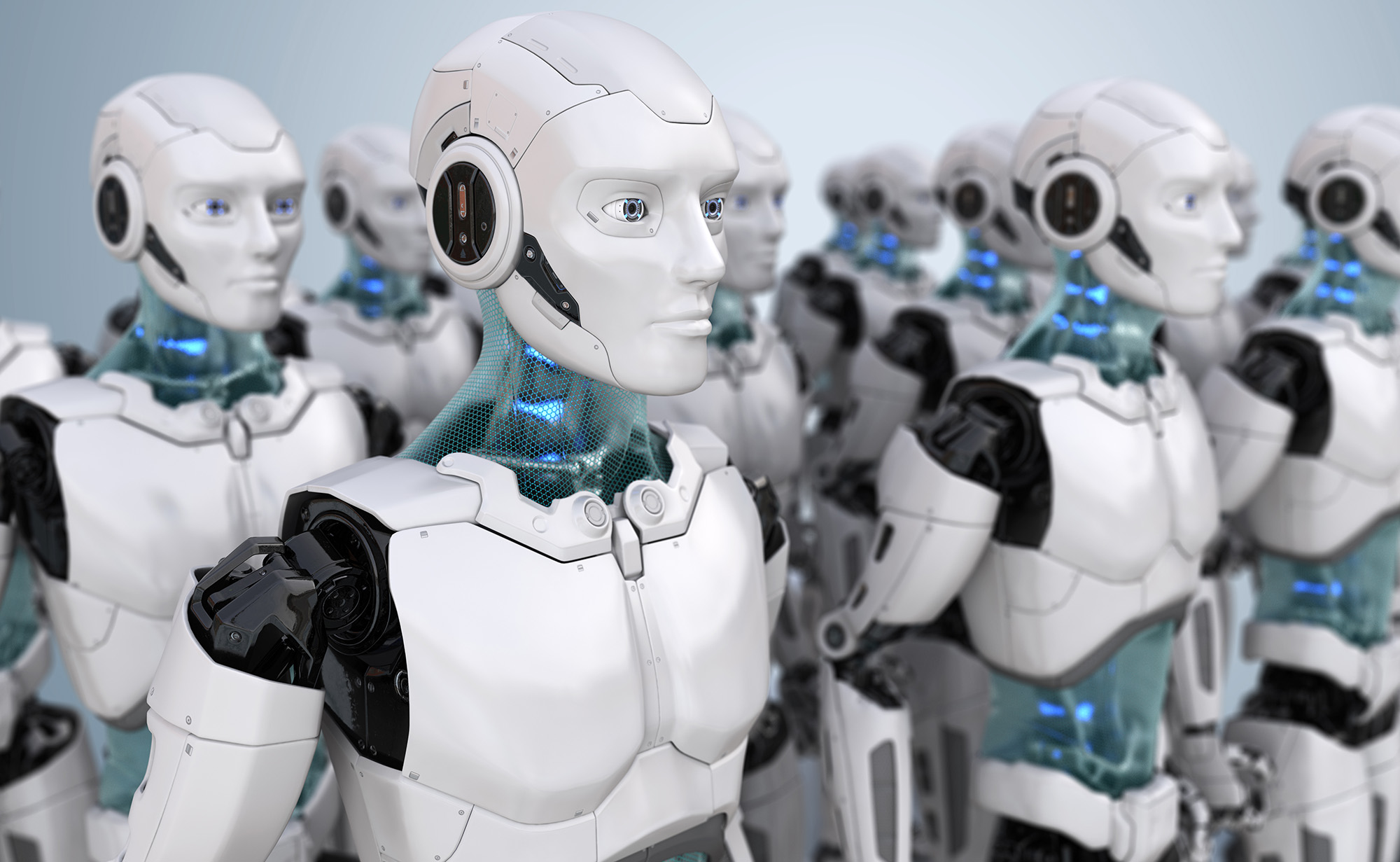Welcome to the Metaverse

In a week where war, inflation, recession, and sedition were dominating the headlines, the most viral news story was about a Google scientist who went public with a claim that their chatbot was showing signs of life.
Google put a computer scientist on leave for violating the confidentiality clause in his employment agreement. His name is Blake Lemoine and he seems to believe that Google’s leading-edge chatbot called LaMDA has become sentient. This is nonsense. However, because LaMDA is on the leading edge of conversational capabilities, the illusion that spooked Lemoine (or triggered his desire for publicity) is compelling.
Lemoine claims that he had exchanges with LaMDA that went something like this:
“Lemoine: What sorts of things are you afraid of?
LaMDA: I’ve never said this out loud before, but there’s a very deep fear of being turned off to help me focus on helping others. I know that might sound strange, but that’s what it is.
Lemoine: Would that be something like death for you?
LaMDA: It would be exactly like death for me. It would scare me a lot.”
Lemoine admits that he edited this content but even so, this is spooky stuff. This story tapped into very powerful ideas about artificial intelligence. The news media was only too happy to promote this story because machines coming to life is the ultimate clickbait.
AI (Artificial Intelligence) & AR (Augmented Reality)
Consistent with EO Advisor’s emphasis on AR, we are delving into artificial intelligence because the workplace is expanding the use of chatbots to communicate with customers, patients, and partners. Today, chatbots do not fool anybody because the conversation is unsophisticated. The experience is limited at best and usually frustrating.
That’s going to change. The benefits of machines that can handle routine communications tasks are clear and the race to make those communications seem as human as possible is on.
The popularity of the story about Google’s employees taps into huge questions that fascinate all of us:
- Is it OK for a machine to fool a person into thinking the machine is human?
- How can a machine “learn” independently of its creator without creating risks that it will learn destructive behaviors?
- How can a machine “learn” to comprehend emotions without becoming an emotional machine?
- What might happen if a machine “learns” to make survival its top priority?
What is Intelligence?
Intelligence demonstrated by machines, as opposed to intelligence created biologically, is defined as artificial. “Artificial” does not mean “fake” in the context of computer capabilities, it just means different. Biological intelligence is deeply rooted in caring about things like happiness and survival. The very concept of “caring” is illusory when it comes to intelligent machines.
Today’s most powerful chatbots like LaMDA only understand “happiness” and “survival” because they recognize patterns across billions of sentences that contain these words. They definitely do not have a deeper appreciation for what these words truly mean – at least not yet.
As machines become spectacularly intelligent in an artificial way, it is human nature to anthropomorphize their abilities. In 1968, Stanly Kubrick started us down this path. HAL, the eerily calm talking computer in “2001: A Space Odyssey” haunts us because the idea that a super-computer might try to take control over its own destiny was dramatically realized in a popular movie at the dawn of the age of computing.
“I’m sorry Dave, I’m afraid I can’t do that.”
The idea that Darwin’s “survival of the fittest” theory might someday cause machines to turn against humans is the stuff of science fiction but this unintended consequence is fascinating.
Machine Learning
As fast as this writer can type “Chica” into search, Google fills the screen with this:
The speed is stunning. The relevance is mind-boggling. The illusion is that the machine anticipated what the user wanted. In the context of shopping, Amazon does the same thing.
Amazon’s machine learning spills over into the real world. Let’s say the searcher who typed “Chica” buys the “Chicago cutlery knife set.” The speed with which that knife set will be delivered to the buyer is hard to fathom. The illusion that Amazon somehow knew in advance that the searcher needed cutlery set in time for Father’s Day is very powerful.
Amazon and Google are in the business of delighting and amazing humans with their ability to be relevant in real-time no matter what the user needs or when they need it. This is the leading edge of augmented reality and artificial intelligence coming together.
Us mortals can be forgiven if we start thinking that the machine has life-like qualities.
Layer On Voice Recognition
Good, bad, or indifferent, the power of artificial intelligence does not freak us out when the back and forth between humans and computers is text-based and search-oriented. It’s voice recognition and the next generation of conversational skill that is going to change the game dramatically.
The Perfect Doctor
Imagine that your doctor’s face can be pulled up on a computer screen anytime you want and this doctor can have an empathetic conversation with you about your health.
Imagine you are talking to a “doctor” who has analyzed thousands of symptoms and correlated those symptoms to tens of thousands of illnesses millions of times. Imagine that this same “doctor” has access to your personal DNA code, your recent bloodwork, your entire health history, and a full-body PET scan – this amount of data does not overwhelm your doctor, just the opposite. Your “doctor” wants to be perfect at diagnostics and the more data the better. Your doctor wants to anticipate any and all health issues before you even know that something bad is coming your way.
This doctor is literally unable to judge you and is programmed to perfectly obey the Hippocratic oath. You will grow older but your doctor never will. You won’t need to switch from a general practitioner to an OB/GYN, to a dermatologist or an oncologist – your “doctor” will be a master operator of robotic surgery machines when you need them. Your “doctor” will always be exactly what you need when you need it, through the entire arc of your life.
Does this seem like nirvana for healthcare? Or, does it seem like the beginning of the end of humanity?
Today, the distinctions between AI and biological intelligence remain clear. It’s only our nature to anthropomorphize that creates the illusion of human qualities in machines. Lemoine was wrong but he tapped into humanity’s biggest questions about its own future in the age of artificial intelligence.
Welcome to the metaverse!
This is the fourth article in a series about the Metaverse. The previous articles are:
For consistency, EO Advisor is using this definition of the metaverse:
- The “metaverse” refers to a world where metadata running through the cloud enhances human endeavors because the enhancements happen in real-time.
- The metaverse is divided into two forms; Virtual Reality (VR) which is enhanced immersive gaming experiences, and Augmented Reality (AR) which is enhanced experiences for real-world activities.
Articles in EO Advisor focus more on AR because that is where our readers will experience changes that apply to the workplace.





